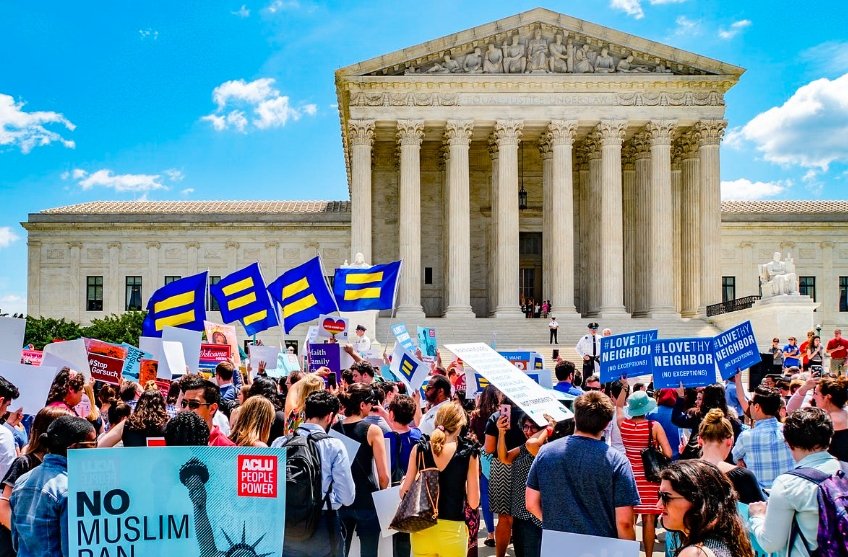The U.S. Supreme Court recently heard oral arguments in a case that could significantly alter the landscape of reproductive rights, specifically focusing on the access to mifepristone, a medication used for abortion and miscarriage management. This pivotal case arrives in the wake of the Dobbs decision, which reshaped federal abortion rights.
The Heart of the Debate
At the core of the discussions is the FDA’s approval of mifepristone and the subsequent rules facilitating its distribution. The case, brought forth by anti-abortion groups and conservative lawmakers, challenges the FDA’s regulations that have allowed the drug to be prescribed via telemedicine and delivered by mail.
The first section of the argument scrutinizes the FDA’s decision to extend the use of mifepristone from seven to ten weeks of pregnancy and the elimination of the requirement for in-person medical appointments. The defense argues that these changes have made the drug more accessible, especially for those in remote areas or with transportation challenges.

The Implications for Women’s Health
The second part of the debate addresses the potential consequences for women’s health should access to mifepristone be restricted. Proponents of the drug argue that it is a safe and essential option for women, particularly in states where abortion services are limited.
The discussion also covers the alternatives to mifepristone, such as misoprostol, and the comparative risks and effectiveness of these medications. The potential rollback of access to mifepristone could place additional strain on surgical abortion services, which are already under pressure in many regions.
The Future of Reproductive Rights
The final segment of the argument considers the broader implications for reproductive rights in the United States. A ruling against the FDA could not only impact the availability of mifepristone but also signal a shift in the judicial approach to reproductive health policies.
The case has ignited a national conversation about the role of the judiciary in shaping health care access and the ongoing struggle for reproductive autonomy. The Supreme Court’s decision is eagerly awaited, as it will undoubtedly have far-reaching effects on the state of reproductive rights in America.













